-
 ITFA represents the rights and interests of banks, financial institutions and service providers involved in trade risk and asset origination and distribution.Our Mission
ITFA represents the rights and interests of banks, financial institutions and service providers involved in trade risk and asset origination and distribution.Our Mission
By the ITFA Americas Committee
ITFA Americas hosted its 26th Annual Conference at the Hyatt Regency Hotel in Coral Gables, Miami (May 24-26). The conference was attended by over 170 participants, more than any of our previous gatherings. The delegates comprised bankers (~60%), insurers and brokers (25%), plus an array of lawyers, fintechs, alternative funds and corporate executives. As ever, the conference afforded attendees the opportunity to hear from over 60 leaders in trade finance across various products as well as ample time to network and exchange ideas and best practices (for more information see: https://live.eventtia.com/en/itfamiami2023/Speakers/). Pleasingly, we had a great representation from large domestic and international banks and regional US banks, as well as the “who’s who” from the insurance industry. The event was fortunate to count on the support of sponsors including Allied World, Amynta Trade Credit & Political Risk Solutions, Banco de Sabadell, Beazley, Chubb, Lloyds Bank, Rosenthal & Rosenthal, Swiss Re and WTW.
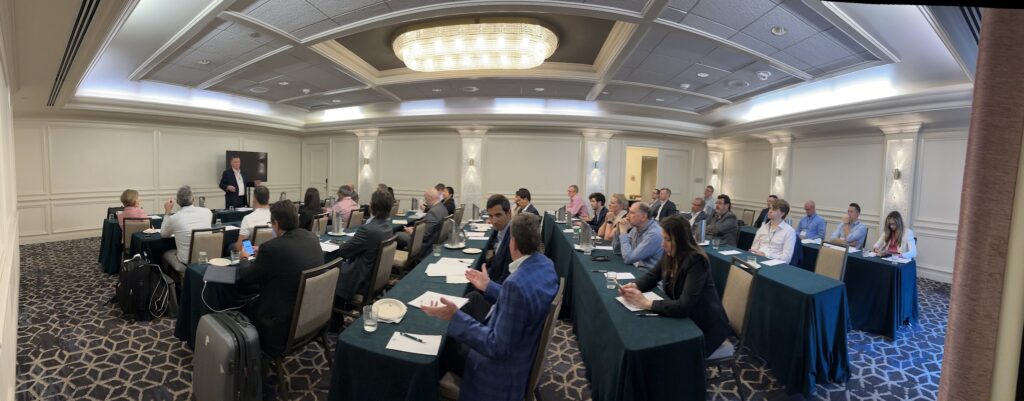
This year’s agenda was a bit different than in the past as it included two Pre-Conference Educational Workshops focusing on credit underwriting and trade risk mitigation ‘tools’. These were well-attended by both junior and senior ITFA Members who wanted to hear the latest perspectives and techniques. Also new this year, the conference included several “break-out” workshops ranging from insurance-related topics to standby letters of credit to trade securitizations. These sessions allowed participants to engage subject experts and openly discuss relevant cases they’ve encountered in a more collegial, working group manner. We also introduced the Slido polling application to ensure that many of the panel discussions were interactive and candid.

The full panel sessions began with an overview of today’s geopolitical environment and US trade policy. It was followed by a similar assessment of Latin America before our excellent keynote speaker from the Federal Reserve Bank of Atlanta, Ms. Shari Bower, shared insights on a wide range of topical subjects: interest rates, inflation, the sectoral nature of low unemployment, and the improving environment for supply chain financing.
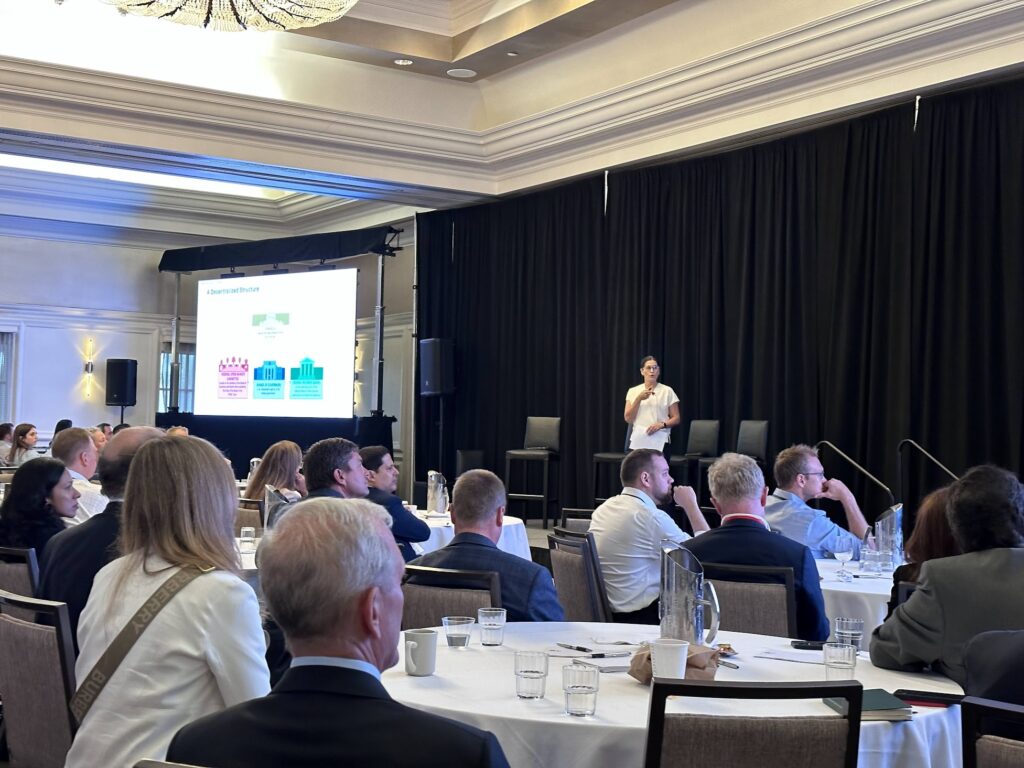
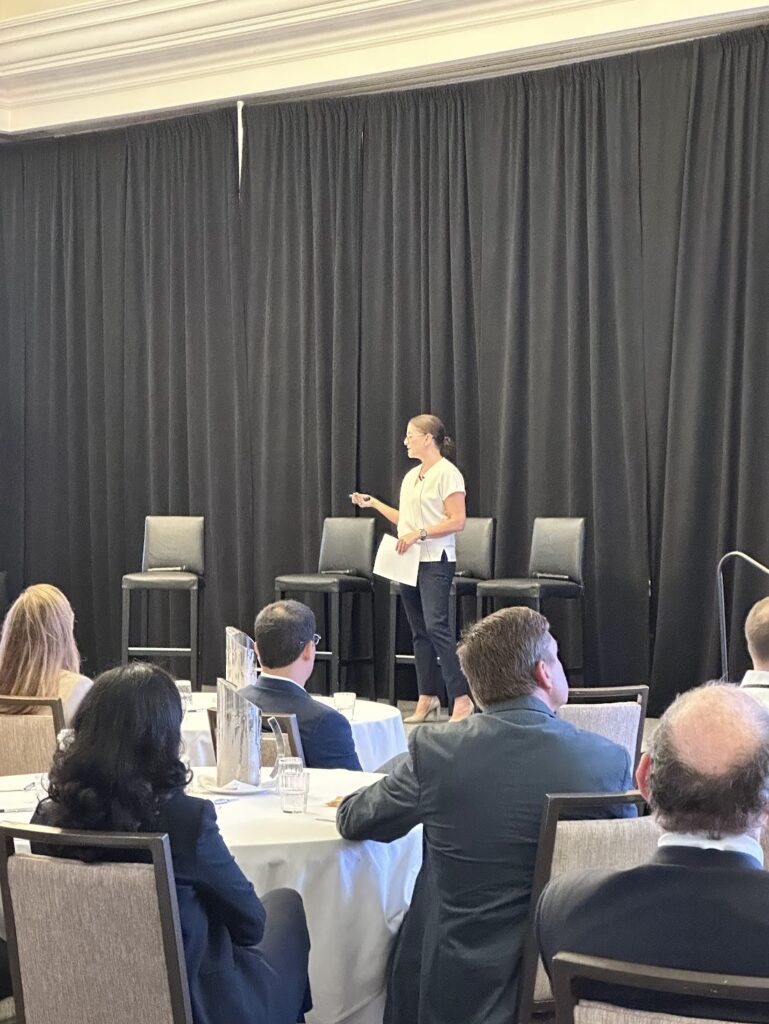
Another standout session was the “High Profile Failures” discussion where panelists boldly commented upon several “mishaps” which have occurred in the past year. These included Trafigura’s nickel fraud case, the Americanas scandal in Brazil, cryptocurrency and tech shake-ups, and a spate of US bank failures, highlighting the need for tighter controls to (try to) prevent fraud and bankruptcies. Some good lessons learned there.
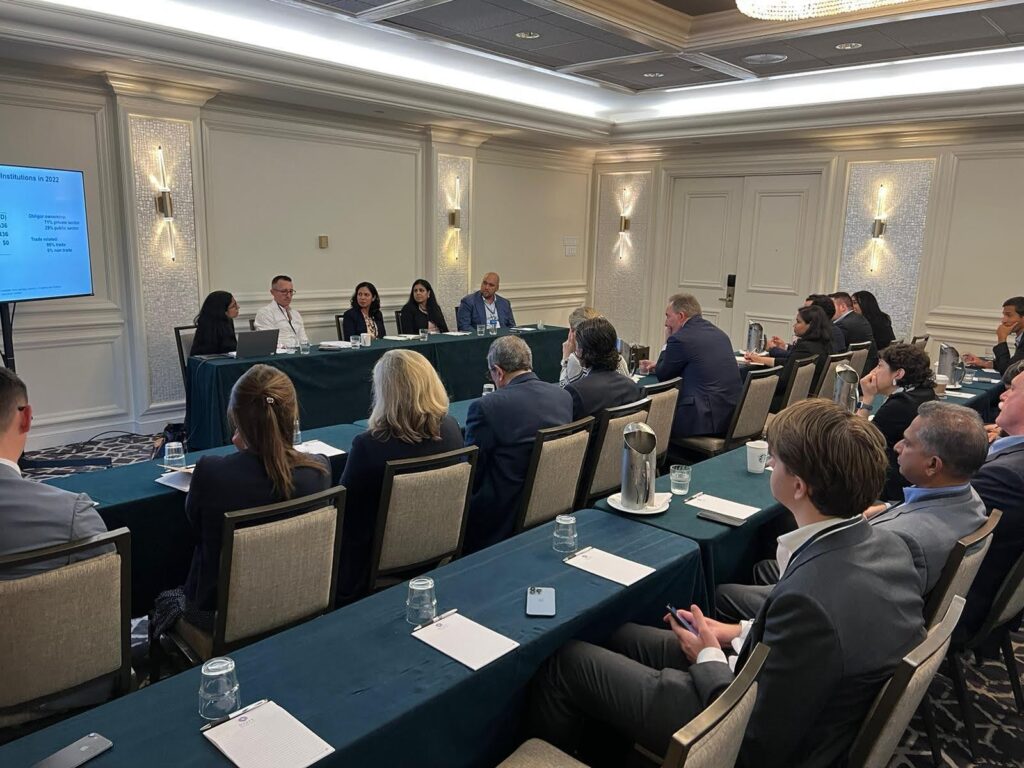
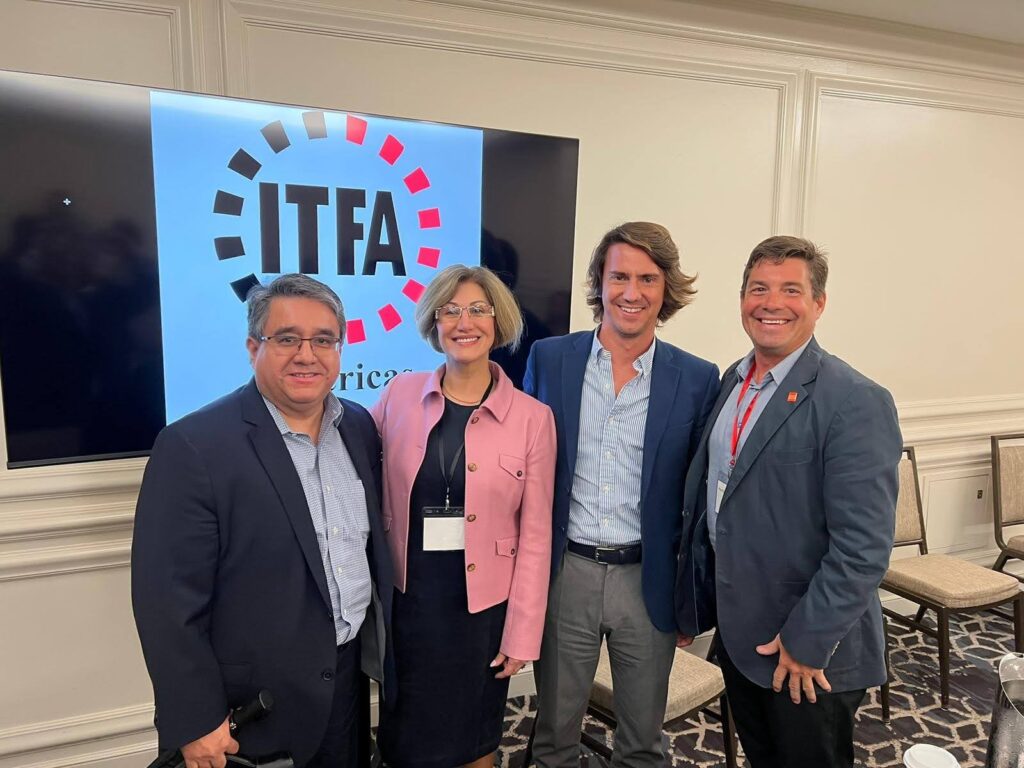
One panel addressed the phenomenal work being done by ITFA Americas’ insurance committee to highlight current US regulatory issues impacting the use of credit insurance as a meaningful risk distribution tool, which will benefit banks. Alternative funds and sources of (non-bank) capital continued to be a topic of great interest, and was actively discussed on stage and off. Similarly, it’s clear that fintechs will continue to play an important role in the evolving trade finance market, even though they often need banks to fund their programs. In addition to offering operational efficiencies, trade fintechs allow smaller banks and alternative investors, who don’t have their own electronic platforms, to enter the marketplace. There was no shortage of ideas on working capital solutions, and it was interesting to note that the panelists all agreed that FASB’s ‘Disclosure Requirements’ were less onerous than anticipated and still allow companies to classify supplier finance obligations as trade payables, assuming their auditors support the classification. Last but by no means least, the audience was highly engaged on ESG initiatives and how to overcome (complex) challenges in that space.
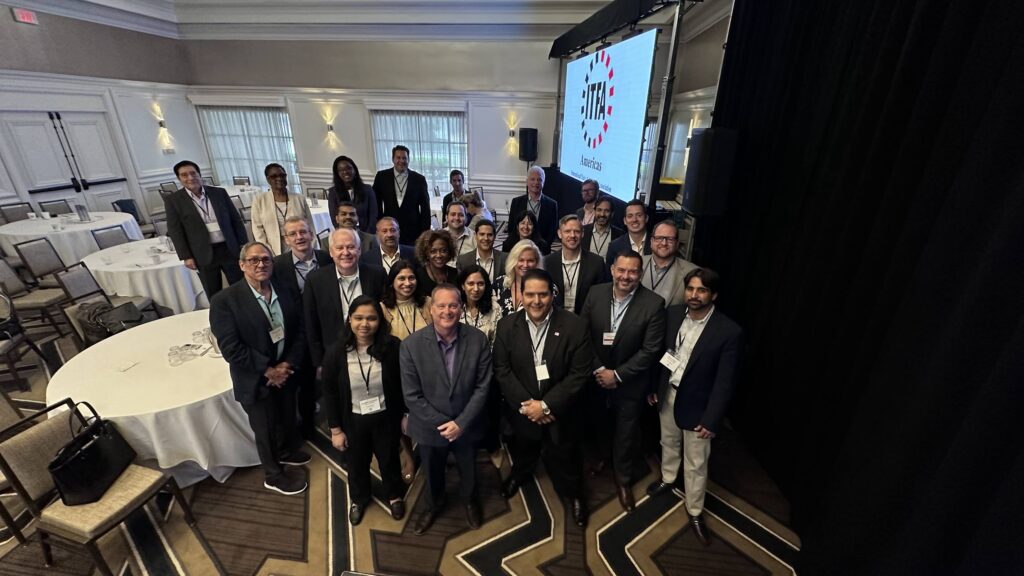
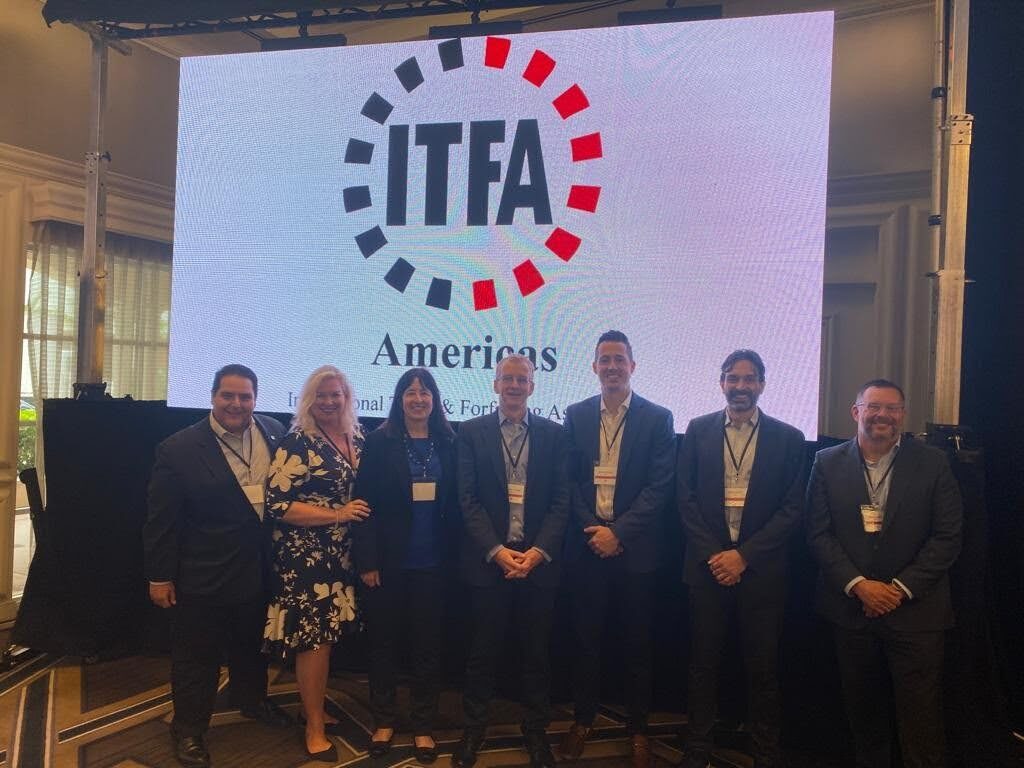
Encouragingly, the overall mood of the conference was upbeat, with delegates buoyed by an active market. Attendees were very pleased to re-connect face to face and gain a deeper understanding of our world of trade.
Privacy Policy | Cookie Policy
Designed and produced by dna.studio